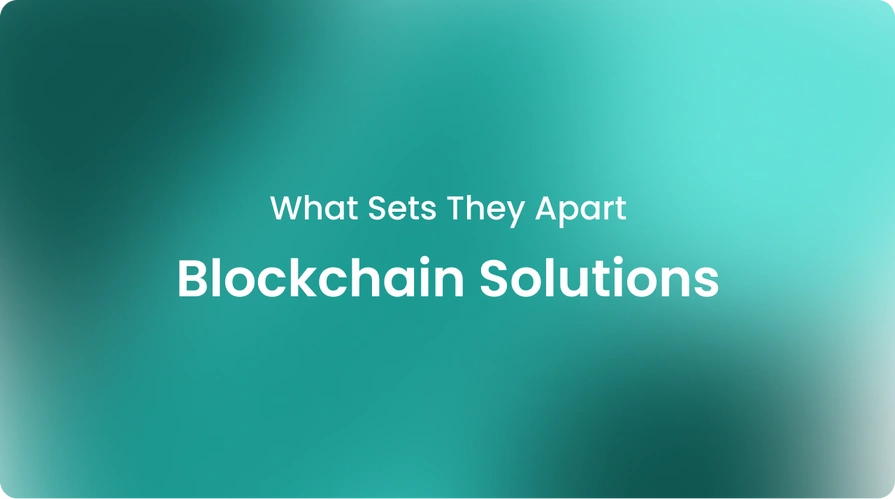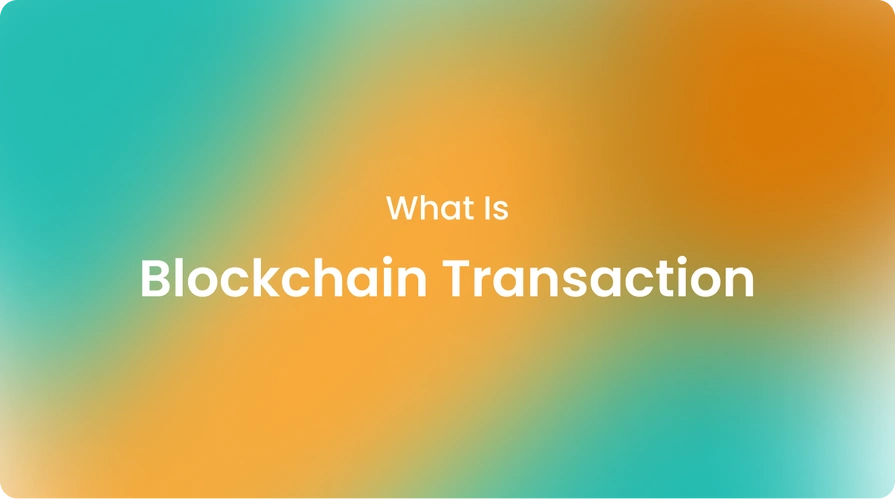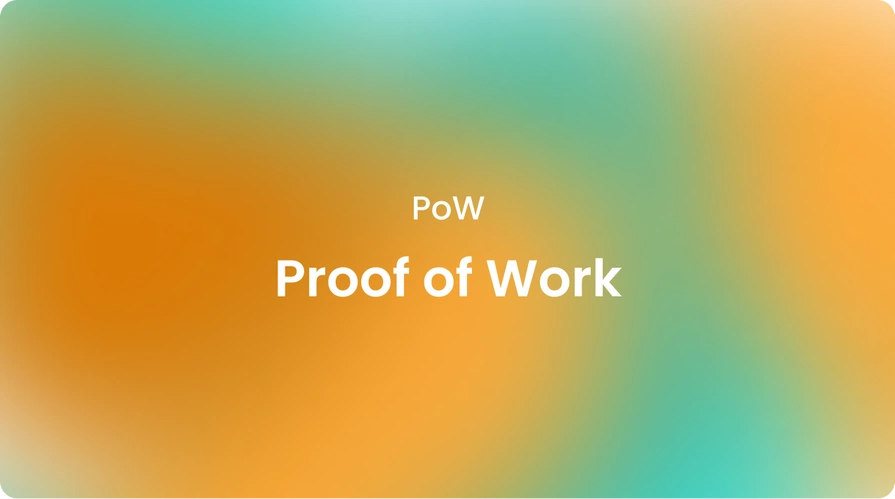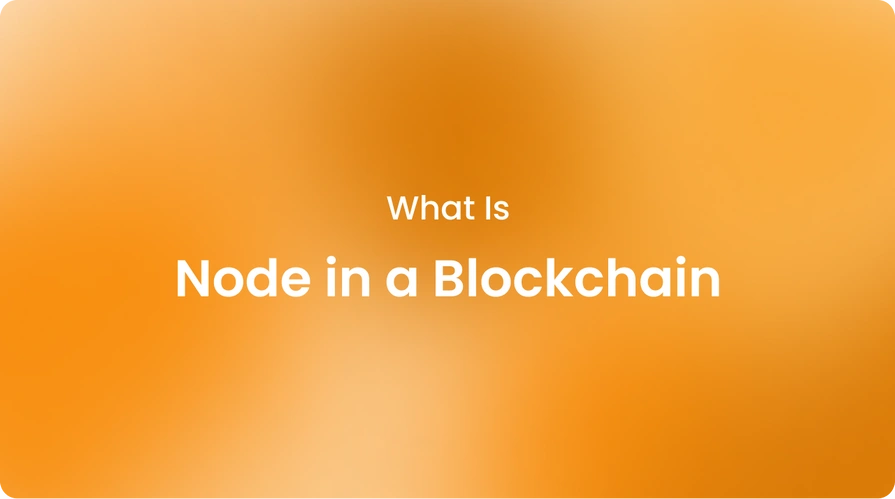|technology, knowledgehub
Record-Keeping: Conventional vs. Blockchain Solutions

Record-keeping is an essential part of our daily lives, whether it involves maintaining financial ledgers, keeping health records, tracking supply chains, or simply managing personal documents and photos.
However, conventional centralized record-keeping methods have limitations in terms of security, transparency, and efficiency. This is where blockchain technology comes in, providing a decentralized and distributed ledger system that overcomes these challenges.
Join us in this guide as we explore what sets blockchain solutions apart from conventional record-keeping solutions and the advantages they provide.
We'll discuss the core mechanisms that enable blockchain's unique approach and assess its security and cost-effectiveness compared to conventional systems. By the end, you'll understand why blockchain solutions have the potential to transform a wide range of record-keeping applications. Let’s begin!
What is the record-keeping system for blockchain?
Blockchain uses a decentralized, distributed ledger system, in contrast to centralized databases typically controlled by a single authority. This architecture is what enables the blockchain's defining properties of decentralization, transparency,and immutability with lower maintenance costs.
Let's break down each one:
Decentralization
Blockchain nodes distribute records across thousands or even millions of computers around the world. There is no single point of failure or control, which makes the network highly resilient.
Transparency
Anyone with access to the blockchain can view all transactions. Transactions can be pseudonymous, protecting user identities for privacy. This level of transparency builds trust without compromising user privacy.
Immutability
Before altering or removing a transaction recorded in a block, network nodes must reach a consensus. This provides a permanent, unchangeable record of transactions and other recorded information.
Security
With decentralized consensus mechanisms like proof-of-work, blockchains are inherently more secure than centralized databases. It would require over 51% of total network crypto mining power to conduct a 51% attack, which is highly impractical.
Costs
While initial infrastructure costs may be higher for blockchain, maintenance is usually cheaper than centralized systems since there is no single entity controlling the database.
As we can see, these core mechanisms allow blockchain solutions to offer a more secure, transparent, and trustless record-keeping system compared to traditional centralized methods.
What are the two types of records in blockchain?
There are two main types of records maintained in a typical blockchain network:
Transactions
These represent value transfers of cryptocurrency or digital assets from one participant to another. Transactions include sender and recipient addresses, as well as the associated amount.
Data/events
In addition to transactions, blockchain allows the recording of any kind of data or event, such as medical records, identity information, document uploads, etc. Smart contracts store this non-monetary data.
Blockchain networks enable recording anything that can be digitally represented, from financial transactions to legal contracts, supply chain records, and even IoT sensor data. This information is recorded in a specific manner. Let’s discover how!
How does blockchain record information?
Recording happens in the form of blocks, which are added to the blockchain in a linear, chronological order. Complex cryptographic mechanisms chain together a batch of recent transactions in each block.
The network validates each new block through a consensus mechanism like proof-of-work. Miners use specialized compute power to progressively solve cryptographic puzzles, and the first one to solve it gets to add the block and receive rewards in cryptocurrency.
This validation process is what makes the blockchain record almost impossible to alter without network consensus. Adding a block to the chain makes the linked transactions and data a permanent, immutable, and transparent record that remains on the decentralized network indefinitely.
Blockchain solves the traditional limitations of centralized record-keeping solutions by employing a distributed, append-only ledger system with built-in security and transparency.
How does blockchain differ from traditional systems?
Unlike centralized databases controlled by a single entity, blockchain utilizes a distributed network of blockchain nodes where no single party dominates. Changes require consensus from the majority of nodes rather than approval by a central authority.
Records are publicly viewable and stored permanently, rather than privately managed data subject to human error or manipulation. Tampering invalidates the entire chain, rather than just altering specific entries.
What advantages does blockchain provide over conventional methods of transactions and record-keeping?
Blockchain brings many benefits to record-keeping, including:
No single point of failure or control
A single node's failure in a distributed system does not affect the network.
Enhanced security and transparency
Public blockchains have survived for over 13 years without any data breaches, unlike traditional databases.
Cost efficiency
Minimal ongoing infrastructure and maintenance costs compared to conventional centralized databases, which require large upfront investments.
Immutability
Recording data creates an incorruptible digital record for transactions, records, and contracts since it cannot be erased or changed.
Traceability
Blockchain allows digital assets to be traced throughout the entire supply chain, with transparency at every step. Great for anti-counterfeiting and proof of authenticity.
Make sure to check out “Blockchain in supply chain” and “Features of blockchain that support sustainability efforts” to learn more about the benefits of blockchain technology over conventional solutions!
Instant settlements
Cryptocurrency transactions, including crypto batch payments, confirm and settle within minutes, in contrast to days with traditional banking wires or settlement systems.
Programmable assets
Smart contracts can program digital representations of real-world assets to automatically handle actions like royalty payments, document notarization, and more.
Disintermediation
Removes reliance on centralized intermediaries, minimizes costs, and improves efficiency by removing middlemen from processes like cross-border payments.
To sum up, the lack of centralized control, immutability, transparency, cost savings, and programmability make blockchain solutions the ideal candidate to remove inefficiencies from conventional record-keeping methods across industries.
Is it secure to use blockchain for record-keeping?
As the technology matures through advances in security, privacy, governance, and performance, blockchain is increasingly poised to transform critical applications like healthcare and supply chain record-keeping through its inherent benefits.
Many argue that public blockchains are still not mature or secure enough to handle sensitive healthcare, financial, or government records just yet.
While this may be true for some less developed public chains, solution providers like Cryptobunq are pioneering the use of regulated blockchain networks tailored for critical applications.
Cryptobunq offers crypto services like custody and wallet, crypto checkout and invoicing, crypto exchange API, and more blockchain solutions backed by institutional-grade security standards. You can trust CBQ for expert crypto and blockchain services as a one-stop-shop crypto service provider!
The bottom line
Blockchain technology can enhance transparency, efficiency, traceability, and security for a wide range of conventional record-keeping solutions.
By leveraging the immutability, transparency, and security of distributed ledgers, industries are discovering new paradigms to streamline operations, optimize costs, and build long-lasting trust between businesses, the government, and consumers.
Blockchain offers a decentralized alternative for securing records across various domains in a way that is simultaneously transparent yet privacy-preserving. With continued responsible innovation, blockchain has enormous potential to shape next-generation record management around the world.
Blockchain solution providers like Cryptobunq show how regulated, standards-aligned blockchains can overcome security barriers and power innovation responsibly with expert crypto services all in one place.
To learn more about securely adopting blockchain services for your own needs with CBQ, check out our case studies first or directly contact us to start benefiting from this powerful technology and the innovative solutions it proves!













